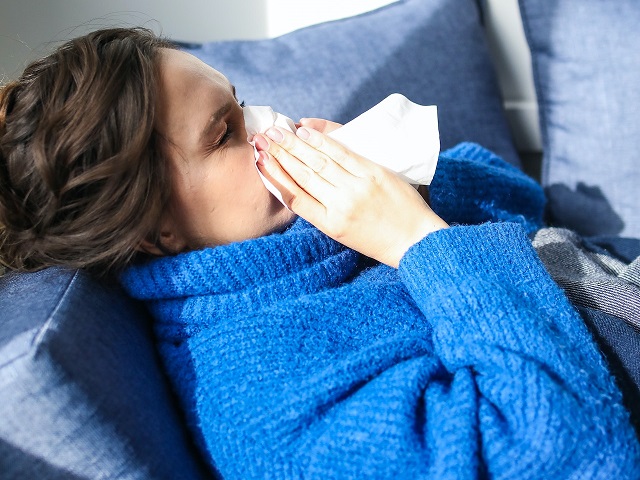9 Signs You May Have Swine flu -- Symptoms, Causes, Effects, Treatment and Prevention
Swine flu, also known as H1N1 influenza, is a respiratory disease caused by the H1N1 influenza A virus. It is called "swine flu" because the virus was first identified in pigs. Swine flu can spread from pigs to humans and also between humans through respiratory droplets.
Symptoms of Swine Flu:
The symptoms of swine flu are similar to those of seasonal flu and include:
- Fever
- Cough
- Sore throat
- Runny or stuffy nose
- Body aches
- Fatigue
- Headache
- Chills
- Nausea and vomiting (sometimes)
Causes of Swine Flu:
Swine flu is caused by the H1N1 influenza A virus. The virus is primarily transmitted through respiratory droplets when an infected person coughs or sneezes. It can also be acquired by coming into contact with surfaces contaminated with the virus.
Effects of Swine Flu:
Most cases of swine flu result in mild illness and recover without medical treatment. However, in some cases, it can lead to severe complications such as pneumonia, respiratory failure, and even death, particularly in individuals with weakened immune systems, young children, pregnant women, and the elderly.
Treatment of Swine Flu:
Antiviral medications such as oseltamivir (Tamiflu) and zanamivir (Relenza) can be prescribed to treat swine flu. These medications can help alleviate symptoms, shorten the duration of illness, and reduce the risk of complications. Rest, hydration, and over-the-counter pain relievers can also be used to manage symptoms.
Prevention of Swine Flu:
Preventive measures for swine flu include:
- Vaccination: Annual influenza vaccines, which include the H1N1 strain, are recommended to prevent swine flu. Vaccination is especially important for high-risk individuals.
- Good hygiene practices: Regular handwashing with soap and water, covering your mouth and nose with a tissue or your elbow when coughing or sneezing, and avoiding close contact with sick individuals can help prevent the spread of the virus.
- Stay home when sick: If you have symptoms of swine flu, it is important to stay home and avoid close contact with others to prevent the spread of the virus.
References:
Centers for Disease Control and Prevention. (2021). Swine Flu. Retrieved from https://www.cdc.gov/flu/swineflu/index.htm


















